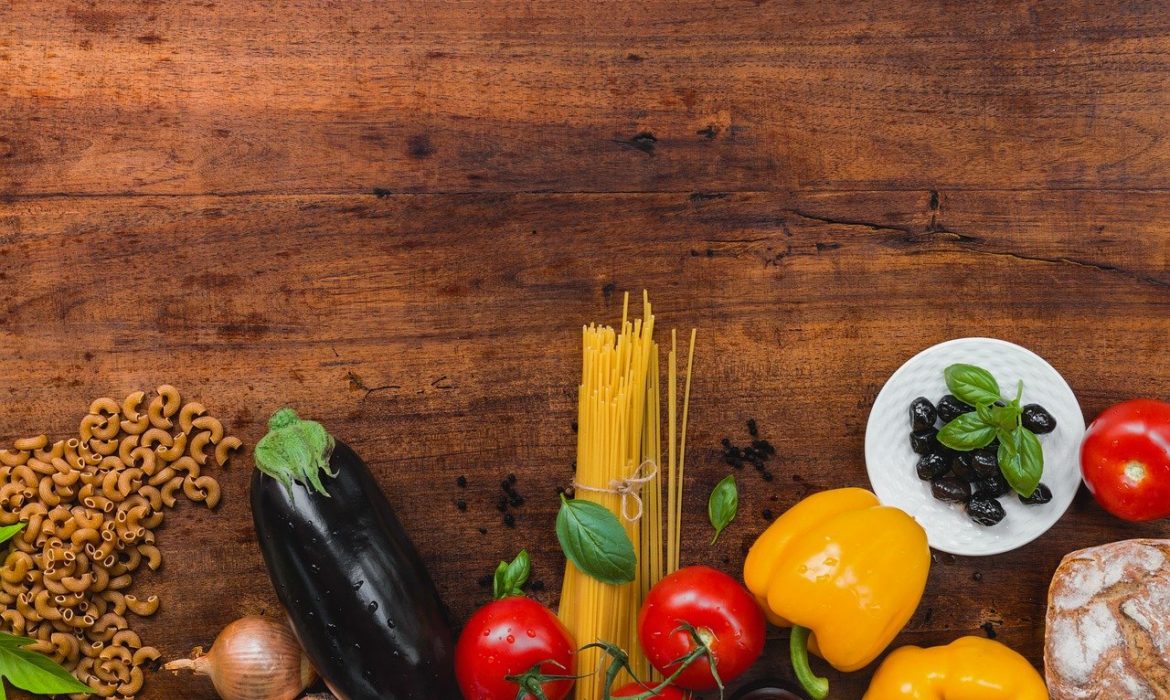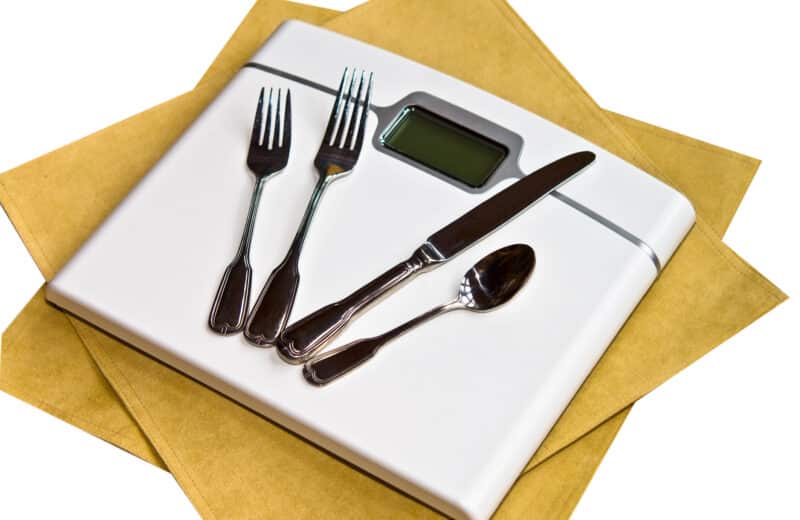Managing diabetes doesn’t have to be complicated. While your doctor will help you put together a comprehensive plan to manage your condition, remembering these 10 tips can help you work toward better health every day.
1. Get moving.
The American Diabetes Association recommends at least 150 minutes of activity a week, with no more than two consecutive days without activity. In other words, getting 30 minutes of exercise, five times a week, can help you manage your condition. It could be as simple as going for a family walk through your neighborhood after dinner instead of sitting down to watch TV.
2. Get five a day.
Fruits and vegetables add texture, color, and nutrients to your diet. Aim for five servings of fruits and veggies a day. Stash easy-to-carry produce like apples, bananas, and baby carrots in your bag for snacking at work or on the go.
3. Drink water.
The average 20-ounce soda contains 15 to18 teaspoons of added sugar and 240-plus calories. You can ditch the sugar without sacrificing flavor by cutting up your favorite citrus fruit or berries and adding them to your water bottle or a glass of sparkling water.
4. Go whole.
Whole grains contain more fiber than refined, which helps keep you feeling full longer. Look for brown rice, quinoa, wheat berries, or barley next time you’re at the grocery store. Or boil a pot of whole-grain noodles for your next pasta night.
5. Cut back on red meat.
Red meat is often high in saturated fat and should be eaten in moderation. You can still enjoy small portions a few times a week, but look for other sources of protein, such as beans and nuts. Try going meatless for one meal a day, and explore protein-packed foods like almonds, cottage cheese, and kidney beans.
6. Eat breakfast.
Research suggests that starting your day with breakfast may help with both weight loss and keeping the pounds off long-term. Plus, skipping breakfast increases your likelihood of overeating later on, which can cause blood sugar spikes. Aim for a breakfast high in whole grains, protein, and low-fat dairy. Not a morning person? Make tomorrow’s breakfast tonight.
7. Limit salt.
Ease up on the saltshaker and keep processed foods — which are often very high in sodium — to a minimum. Too much sodium can increase your risk for heart attack and stroke, both common diabetes complications. Experiment with fresh herbs and spices to flavor your food instead.
8. Keep an eye on portion sizes.
It’s easy to overeat when you are used to oversized portions. Learn what a healthy portion size is for various foods and try to stick with it when you serve yourself meals.
9. Get your eyes and feet checked regularly.
Diabetes can lead to complications in many parts of the body, including blindness and loss of nerve function in the feet. Your doctor can check for nerve function at your routine visits. Eye disease often shows no early symptoms, which makes annual eye exams very important.
10. Eat out less.
Preparing meals at home gives you complete control over ingredients and serving sizes, a lost luxury when eating out. Restaurant meals are often higher in sodium, fat, and calories than homemade versions. Look for lightened-up versions of your favorite restaurant recipes and have fun recreating them at home.












